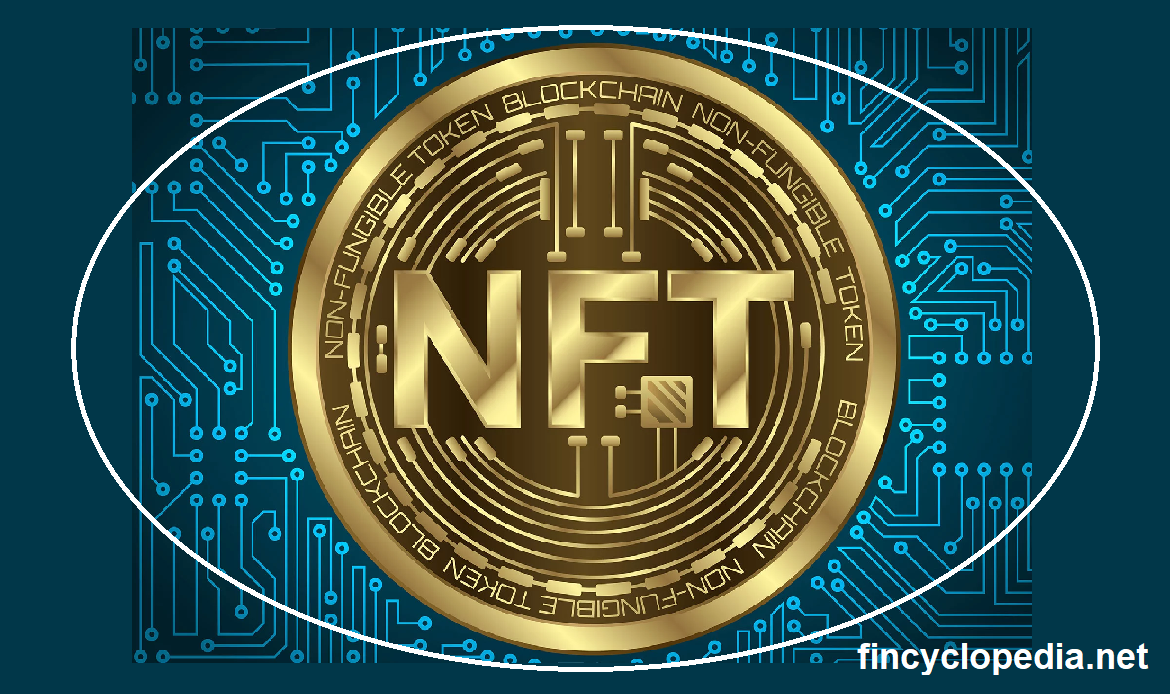A security (financial security) that is issued by a company without any obligation to redeem it from the holders/ investors. Such an instrument only provides a steady income stream (stated coupon) to its holders, virtually without being subject to an expiration date. In that sense, it is very similar to equity (equity securities), and ranks fairly low in terms of priority. The issuer may, however, possess a call option whereby it can choose to redeem the security at a certain point in time.
A perpetual security has no stated maturity date and which will remain on the market until redeemed or called under whatever redemption clauses applicable. At times, it may be issued with a maturity of at least 80 years. For the issuer’s call option, the call date may fall within 12 years after its issuance and if not called on such date the security will have a step-up of the coupon.
Depending on the rate (distribution basis), this instrument may take two main forms: fixed rate perpetual securities and floating rate perpetual securities.
Examples of perpetual securities are perpetual bonds/ perps (consol bonds) and perpetual preferred share (perpetual preferred).
For more, see: perpetual securities: examples.






